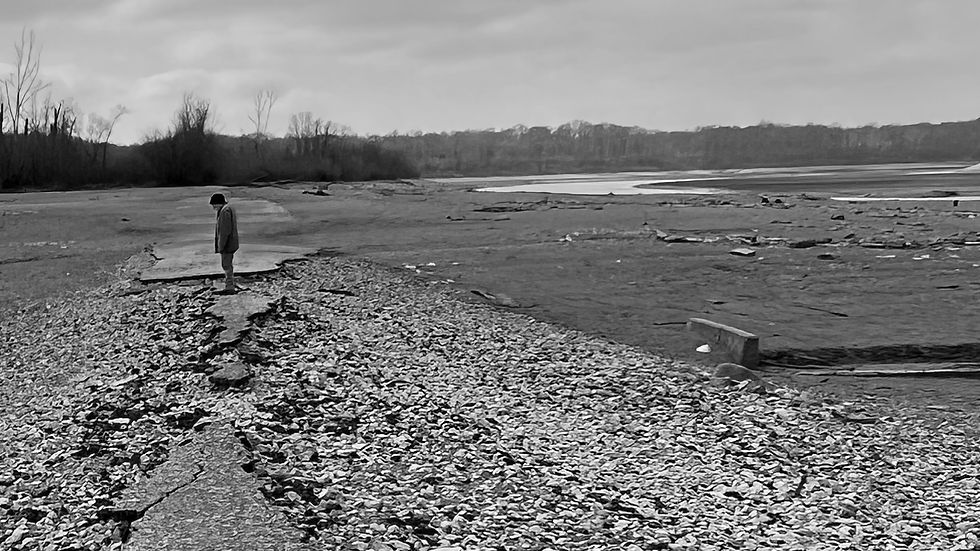
Reviews
This is hands-down one of my most compelling reads of the year. Even with all the historical facts, statements, and details, this book never strays from feeling like the letter it is. The amount of research that went into this book is evident, and it’s proof of Sid Shroyer’s dedication to making sure this story is told through the voices of the community. As a journalist and a Hoosier, I’ll be recommending this book to friends: It’s a brilliant example of the craft of storytelling. It’s also a painful reminder of all the stories that exist around us yet go untold or become forgotten.
—Barbara Anguiano, producer, National Public Radio’s 1A podcast
Having grown up in a small rural community and spent years as a sociologist studying small towns, I was impressed with the depth of detail and insight in these pages. Sid Shroyer has captured a profoundly moving piece of American history.
—Robert Wuthnow, professor emeritus of sociology, Princeton University, and author of The Left Behind: Decline and Rage in Small-Town America
Sid Shroyer’s When Once Destroyed is a marvelous hybrid, a poignant investigation of the life of his silent but influential father and a forensic account of the destruction of a small town in Indiana by the forces of “progress.” Composed as a long letter to Shroyer’s infant grandson, Vern, this book conveys the admirable rural rectitude of Shroyer’s own father, also Vern. At the same time, Shroyer undertakes extensive research in libraries and archives to uncover the reasons for building the dam that flooded his small town and upended the lifeways of its inhabitants.
—Stephen Fredman, professor emeritus of English, University of Notre Dame, and author of many books on poetry and poetics.
Part advisory letter to a beloved grandson, part meticulously researched reportage, and all heart, When Once Destroyed captures the tragedy of one community’s destruction at the hands of the powerful and shows how this can happen anywhere.
In fast-moving chapters, Sid Shroyer has crafted a detective story with shocks and surprises around every corner. He skillfully pieces together newspaper stories, personal letters, government reports, archival papers, survey maps, secret plans, oral histories, outright lies, a murder, broken promises, small-town politics, and congressional acts in order to corroborate a complex story of American power and its victims.
Shroyer captures in his distinctive and winning voice the fine grain of life in Somerset, Indiana—the church clothes and farm meals, passed-along stories and silences, roars of a packed basketball gymnasium, and the soft voices of casual racism and resistance—so that we mourn what was lost when the Army Corps of Engineers dammed the Mississenewa River and destroyed a way of life forever. And yet this book discovers what has been lost and invites us to reflect on our own communities’ stories of location and dislocation, loss and growth, and the stories we, too, must preserve for the next generation.
—April Lidinsky, professor of women’s and gender studies, Indiana University South Bend
Sid Shroyer’s family story, written as letters to his grandson, centers on the dramatic loss of his family’s homestead. Their town of Somerset, Indiana, was submerged as the result of a 1960s flood control project, a project he sees as an example of the link between progress and profitability.
Shroyer uses personal memories, research, and interviews to recover as much as he can of his family story. This includes moving testimonies of others who lost their homes. Somerset was rebuilt on higher ground, but as the title implies, when once destroyed, the past is lost.
—Gabrielle Robinson, professor emeritus of English, Indiana University South Bend, and author of Better Homes of South Bend: An American Story of Courage and Api’s Berlin Diaries: My Quest to Understand My Grandfather’s Nazi Past